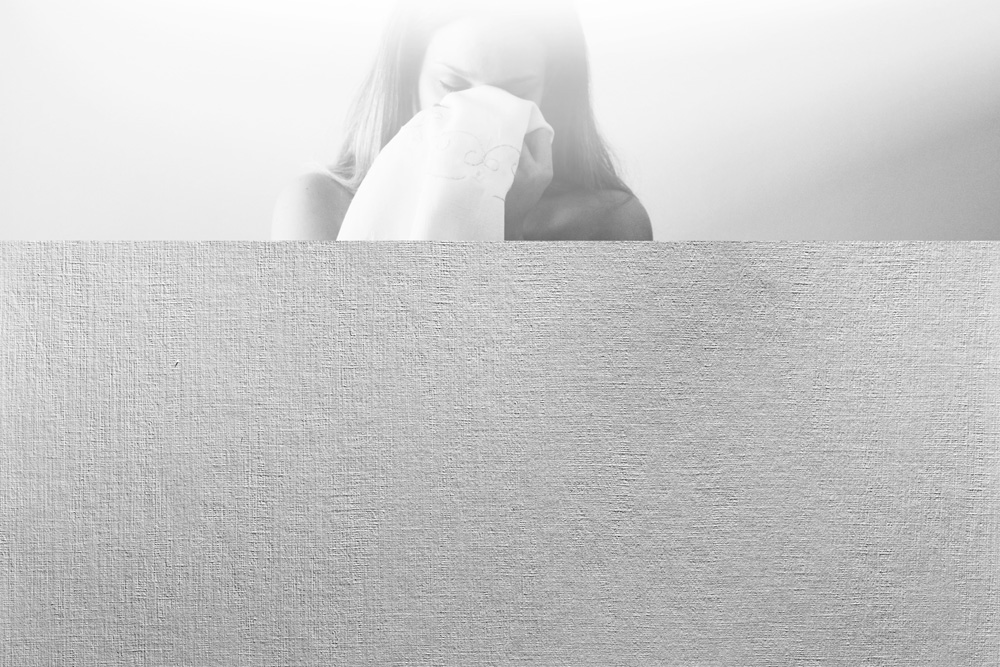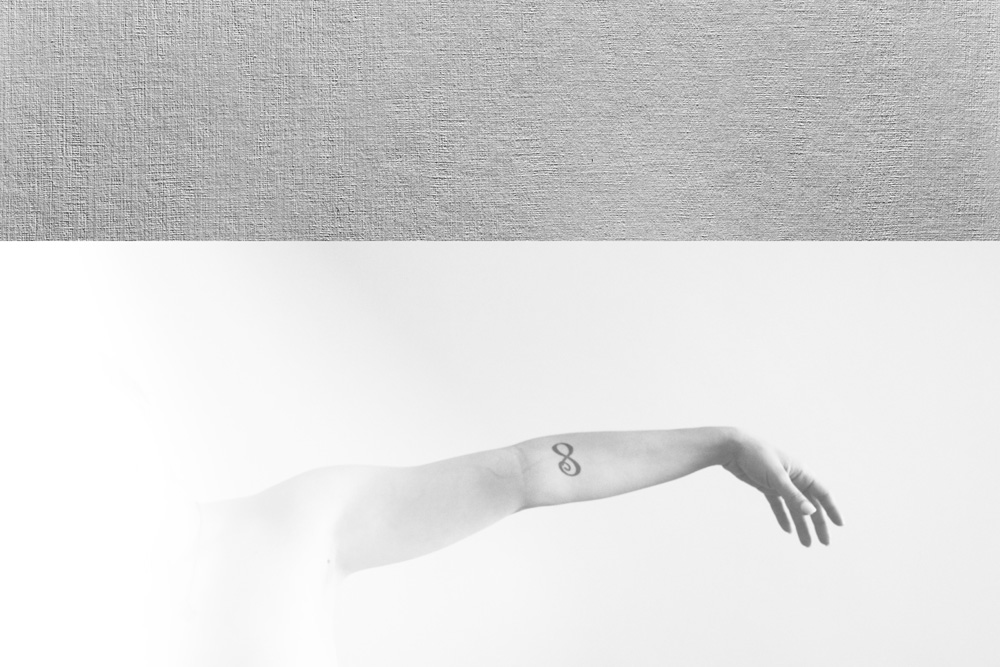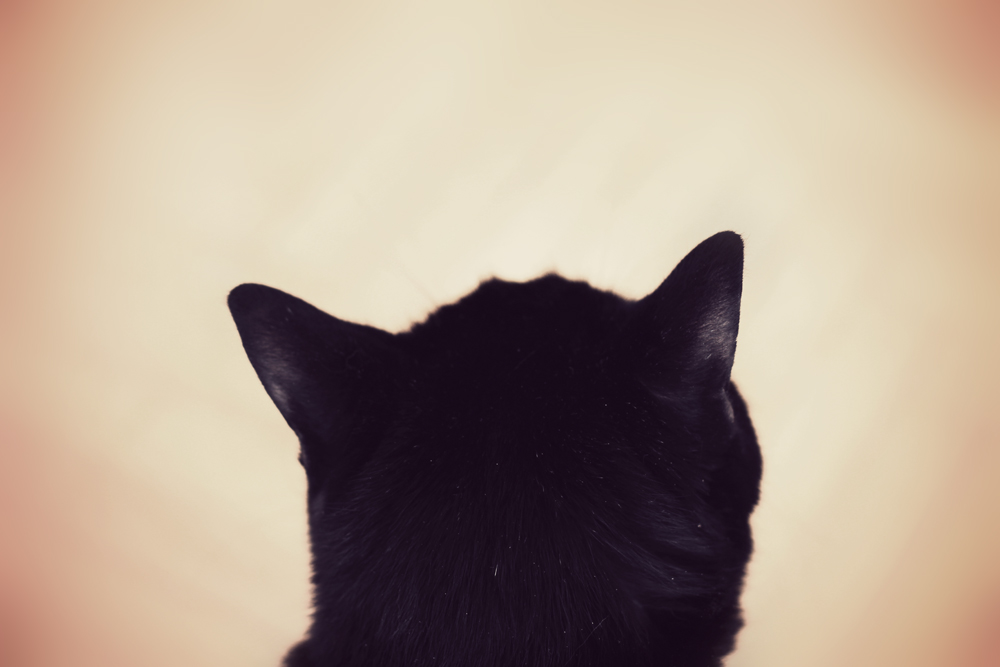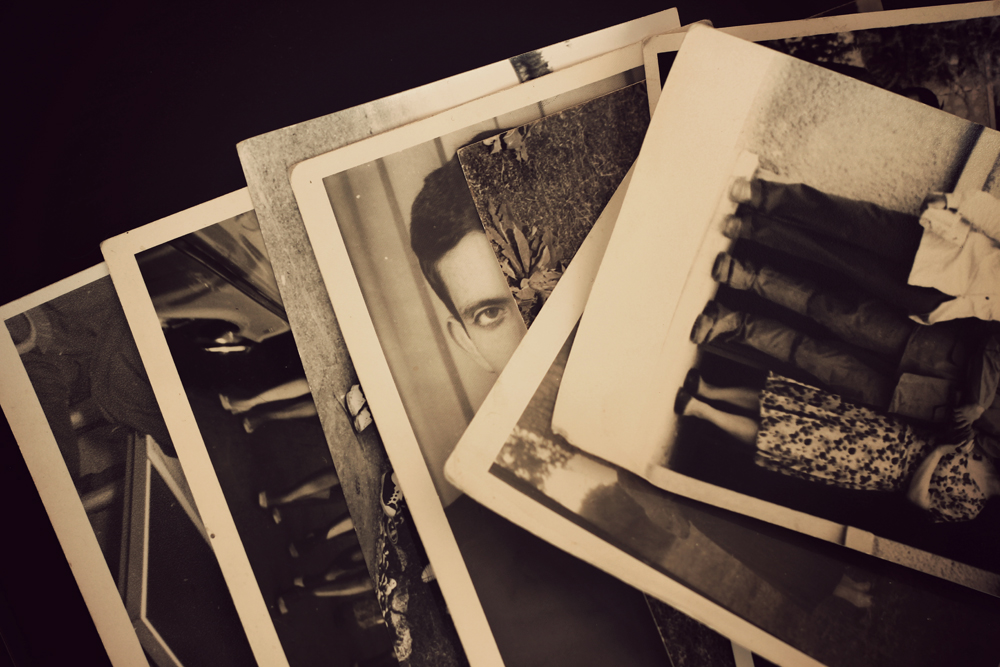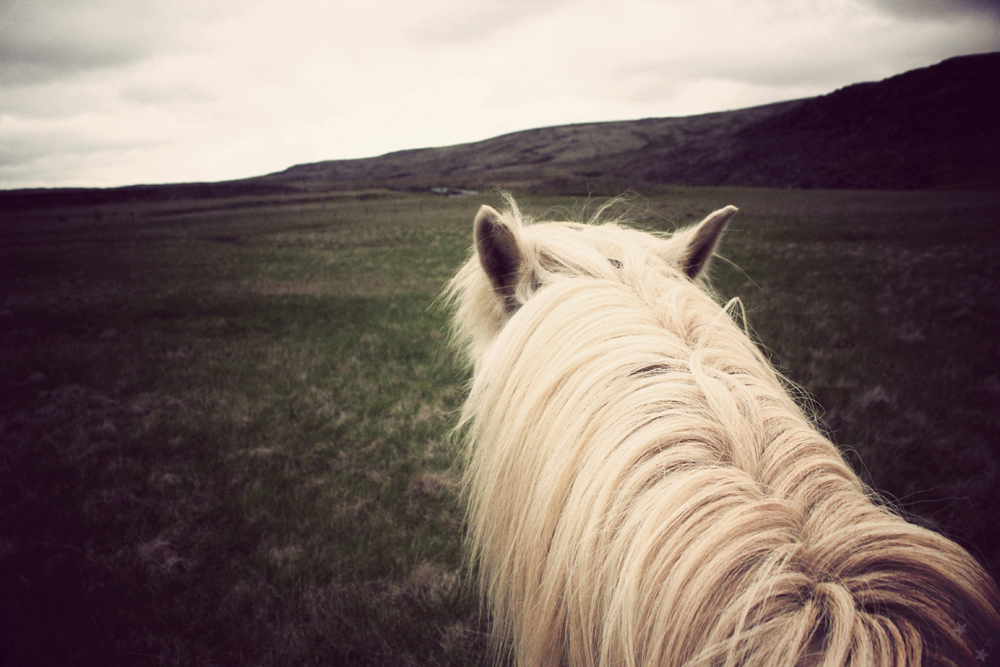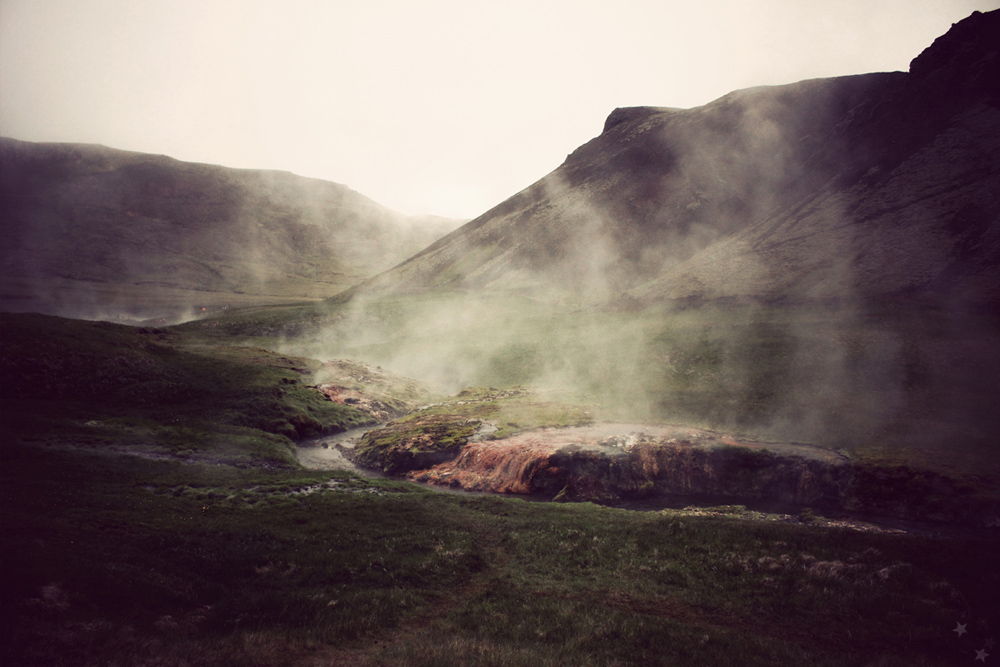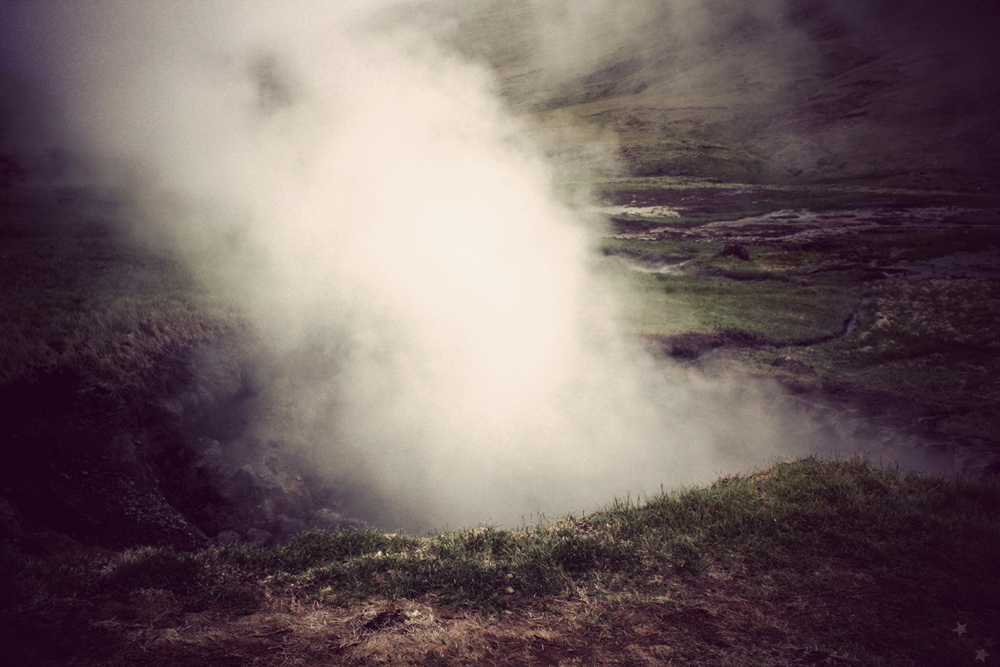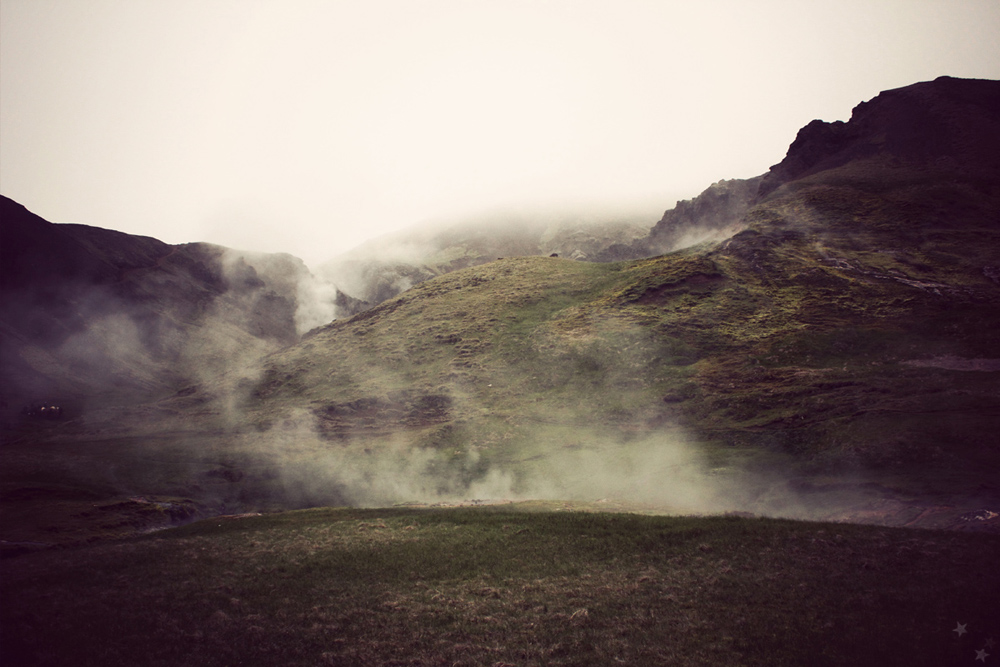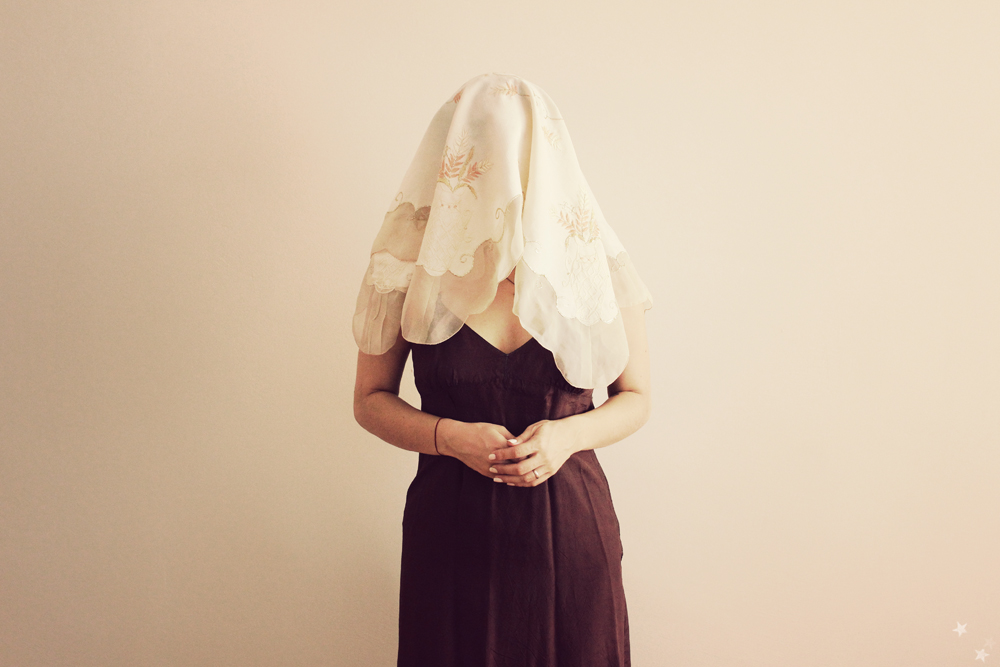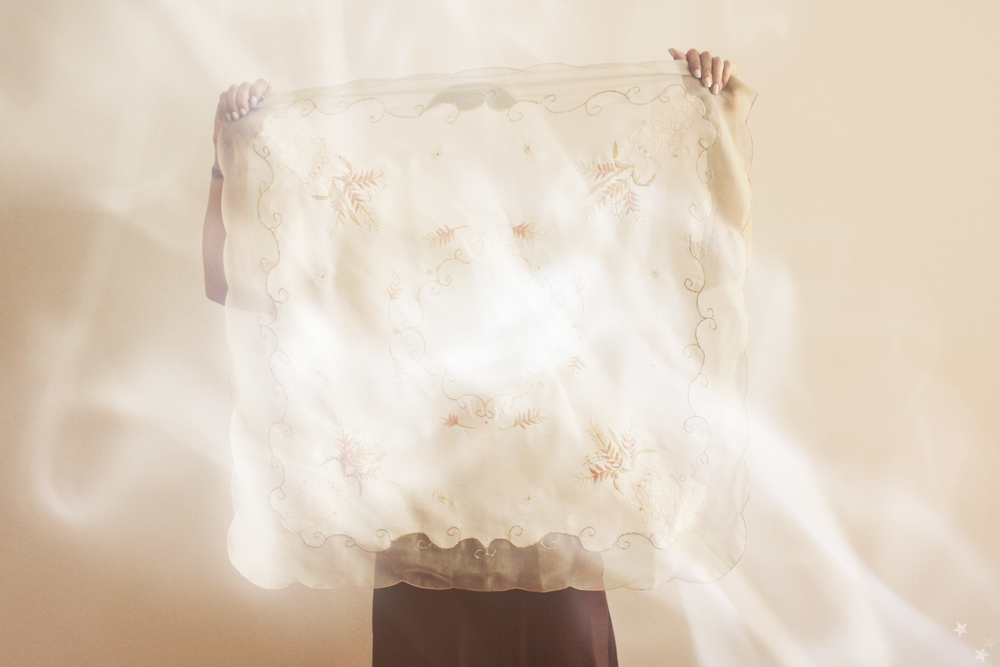harmonies;
there are days when i think about where i did not go but hoped that i had gone: toward/among. there is a reason for this inaction: being on the outskirts is preferable for the likes of us, as it protects our vulnerabilities. if you are not quite there then you cannot be hurt (or loved); but you can also simply step forward and change the path of stillness to one of movement whenever you feel the urge.
(a moment wherein the urge was felt—)
i met with a stranger. it took a lot of effort for us to be there at that moment, sitting together, meeting. neither of us had anything better to do, and so we did that. sitting there together, meeting, i decided to share a story about storytelling. midway through, i stopped dead in my tracks: the sound of my voice was closing in.
i am startled when, in the midst of talking, i am made aware of my voice. it’s in the way that i am looked at, straight in the eyes, with that vague sense of incomprehension hidden behind a twitch of the iris. when i recognise that look, when i see the effort it takes to register what is being said, i become chiefly aware of my voice, so much so that i lose control over what i am saying, i can no longer make sense of what i am saying, and i catch myself speaking more slowly or stopping altogether. perhaps it’s because rhythm, pitch, texture and form are suddenly taken to heart and closely examined by someone avid of understanding. (it always takes a certain added concentration when common language isn’t shared.) or perhaps it’s because i would prefer not be under such scrutiny, no matter how good the intention.
once the surprise wore off—it took no more than a few seconds—i resumed. i saw myself in the stranger’s smile. i suspect they were going through the same motions. it would have been easier, in that brief moment, to be met with those familiar clouded eyes of inattention. yet there we were: toward/among, in our misunderstanding and subsequent awareness of one another, stepping forward in a land of stillness.

